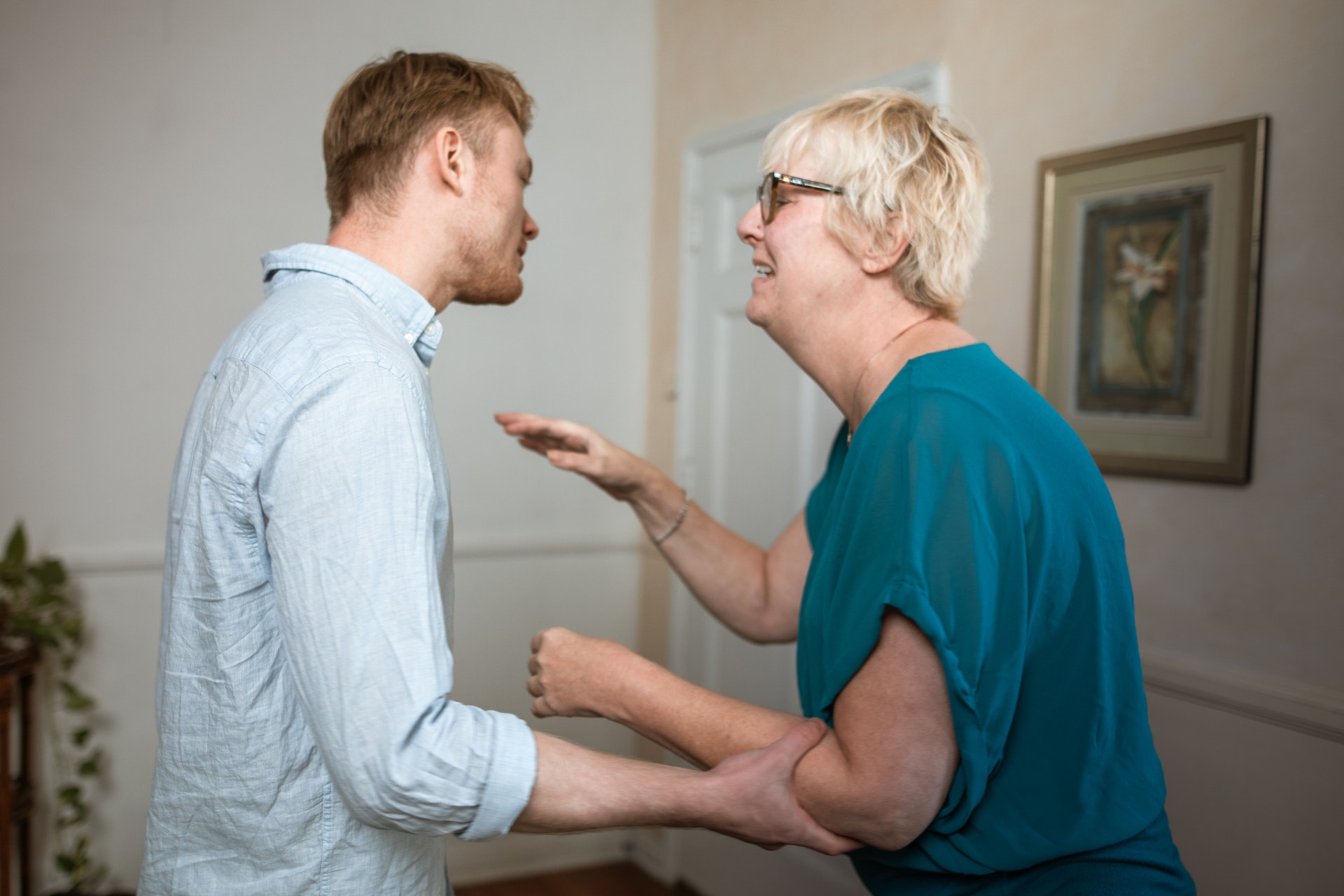
Nursing home abuse is tragic and incredibly frustrating. If you’re in that horrible situation where a loved one is being abused, or if you suspect your loved one is being abused, there’s some essential information that you need to know. To assist you, here is a handy guide on handling nursing home abuse.
Identifying Nursing Home Abuse
There are some key signs and red flags you may see if your loved one is being abused in a nursing home or assisted care facility. You should consider the senior’s demeanor in addition to their physical health because abuse can be either physical or emotional. Call a nursing home lawyer and file a report of the abuse with your local authorities if you see any of the following five indications of abuse or neglect:
The 5 Common Types of Nursing Home Abuse
1. Financial Abuse
Financial abuse is some of the most tragic, and hard-to-spot abuse that elderly patients suffer. Mistreatment might also take the form of financial abuse. In this case, the abuser might empty the bank accounts of an elderly victim by making strange purchases without the victim’s consent. After all, not all nursing staff are dedicated to patient safety. Some abusers would persuade the victim that they require financial assistance or particularly pricey products. The victim might struggle to make ends meet each month.
2. Emotional Abuse
Emotional abuse can alienate elderly patients from loved ones and other nursing home patients. When the abuser wants their victim to keep quiet about physical, sexual, or financial crimes, emotional or psychological abuse may take place in conjunction with other forms of abuse. Elder abusers may employ yelling, threatening behavior, or other forms of humiliation to intimidate their victims. An abuser may occasionally forbid loved ones from visiting an elderly person at their home.
3. Physical Abuse
When an elderly patient experiences physical abuse, there are often noticeable signs. The most obvious type of elder abuse is typically physical assault. Bruises, scratches, sores, or unexplained injuries, like burns or fractured bone, can be indicators of physical abuse. When elderly people or seniors are refused the vital pharmaceuticals they require for their daily lives, such as hearing aids, canes, or spectacles, physical violence may also take place. Untreated issues like bedsores could be a sign of physical abuse.
4. Medical Neglect
Medical neglect is a particularly common manifestation of elder abuse. In this case, senior citizens or older adults might not be dressed properly, maintain good hygiene, or reside in a house that needs urgent repairs. Since utility bills have not been paid, a senior occasionally may not have access to heat in the winter or air conditioning in the summer. The person might lose weight or develop more medical diseases, and the residence might have safety issues including fire threats.
5. Sexual Abuse
Sexual abuse is one of the most difficult forms of elder abuse to handle. Elderly victims of sexual abuse may exhibit a variety of symptoms, such as unexplained genital infection symptoms or bruises and bleeding near the genital areas. If a senior is unconscious or under the influence of strong medicine when the abuse occurs, they might not be aware it is happening. Bloody or torn underwear may be a symptom of sexual assault in an elderly person, even if there are no other indicators on their body.
How to Prevent Nursing Home Abuse
Regrettably, there isn’t a single way to stop elder abuse altogether. Nonetheless, one of the best ways to guarantee the welfare of senior citizens residing in assisted living facilities is through education on the typical warning signs of elder abuse. While it is frequently unavoidable to place an older family member or friend in a nursing home, the financial strain of caring for them might raise the likelihood of elder abuse. Yet, preserving social ties, taking part in neighborhood activities, and giving attention to one’s mental well-being might lessen the victimization of elderly and nursing facility patients.
Reporting Nursing Home Abuse
Find out where to file a report of elder abuse if you believe there has been abuse in a nursing facility. By dialing 911 or, if necessary, relocating your loved one to another facility, you should avert any immediate danger. You may also talk about the matter with the home’s director if you have faith in them. As part of Adult Protective Services, there is a designated authority in every state across the US. You should take notes, write down what occurs, and retain reports of each contact during this procedure. You might also need to consult an elder abuse lawyer to learn more about your legal remedies if the nursing home is unable to make things better. For your loved one’s suffering, you might be able to receive recompense.


